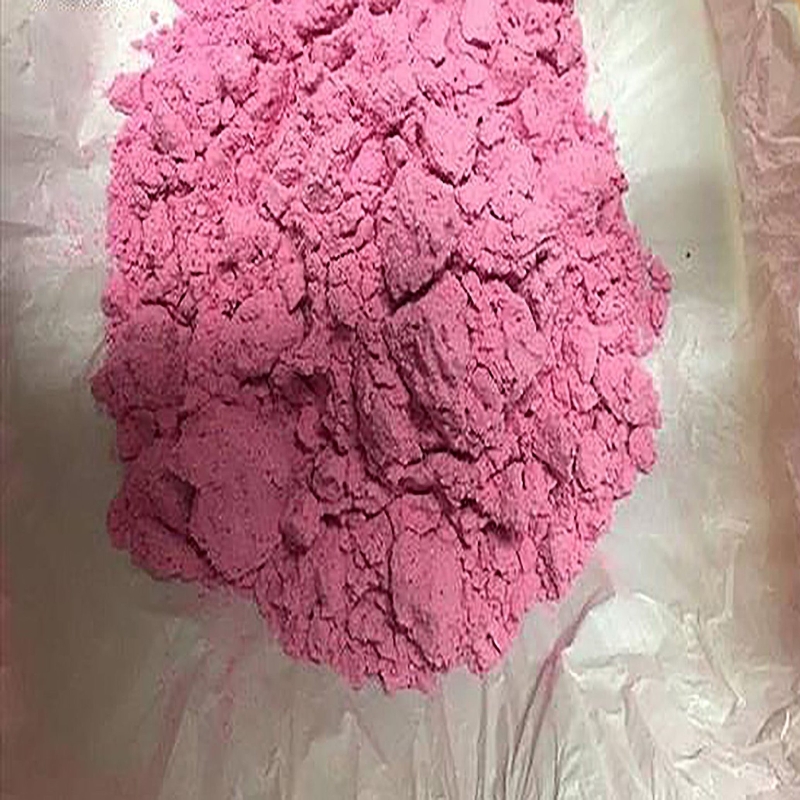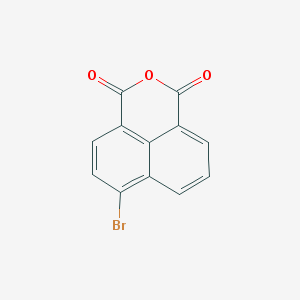-
Categories
-
Pharmaceutical Intermediates
-
Active Pharmaceutical Ingredients
-
Food Additives
- Industrial Coatings
- Agrochemicals
- Dyes and Pigments
- Surfactant
- Flavors and Fragrances
- Chemical Reagents
- Catalyst and Auxiliary
- Natural Products
- Inorganic Chemistry
-
Organic Chemistry
-
Biochemical Engineering
- Analytical Chemistry
- Cosmetic Ingredient
-
Pharmaceutical Intermediates
Promotion
ECHEMI Mall
Wholesale
Weekly Price
Exhibition
News
-
Trade Service
multiple sclerosis is a rare disease in which the patient's body gradually hardens and is called a "puppeteer". Reporter 29 from Nanjing Medical University learned that the university's researchers have recently discovered a protein associated with multiple sclerosis, is expected to provide patients with new treatment ideas.The protein, called GSDMD, was found in mouse experiments by a team of professors at Nan medical university Yang Shuo to exacerbate disease development and inhibit it to effectively relieve clinical symptoms.According to reports, multiple sclerosis is common in the 20 to 40-year-old group of middle-aged and young people. The patient's nerve myelin is broken and peeled off, causing damage to the spinal cord, brain, and optic nerve function. The disability rate of multiple sclerosis is high, and after 10 to 20 years, patients gradually lose their ability to take care of themselves, blindness and even loss of life.Yang Shuo told reporters that the cause of multiple sclerosis is the immune system in the T-cells "out of control", attacking their own nervous system. "Previous studies have found that inflammatory small bodies in the body release inflammatory substances that cause T cells to be abnormally activated." Yang Shuo said that the current clinical preferred drug is to suppress inflammation of small bodies, hoping to "control" T cells.But he says the treatment works only for about 35 percent of patients, and is ineffective in patients with optic neuritis as the main symptom in China, and can even worsen the condition.Yang Shuo introduced that the process of cell inflammatory necrosis is called "coke death". Studies have found that GSDMD proteins, known as "coke-dead performers," play an important role in a variety of inflammatory response diseases.Mouse experiments confirmed that when peripheral myelin cells are "executed" by GSDMD, it will trigger an inflammatory microenvironment, promote T cells in peripheral lymphatic organs to attack the central nervous system, exacerbate the symptoms of multiple sclerosis in mice;“ From an immunological perspective, this study provides us with a new perspective on the pathogenesic pathogenesies of multiple sclerosis. Yang Shuo said.The results were published online in the Journal of Experimental Medicine. (
.
)







